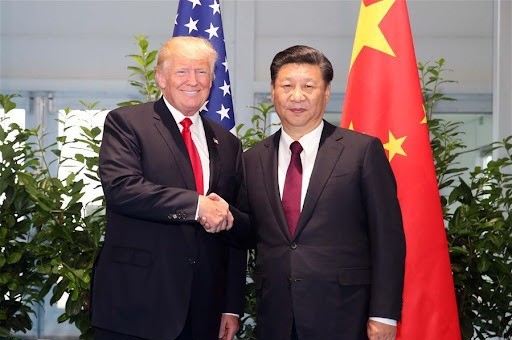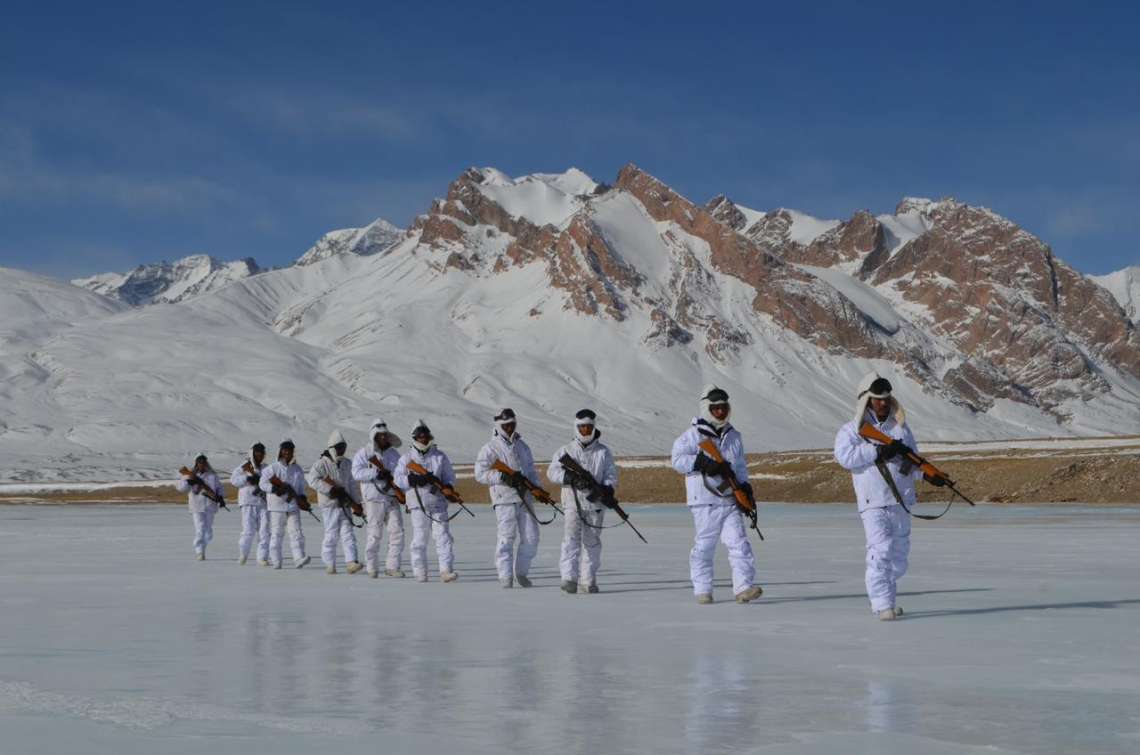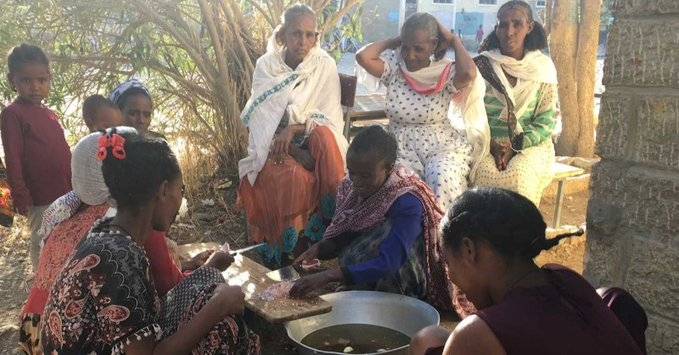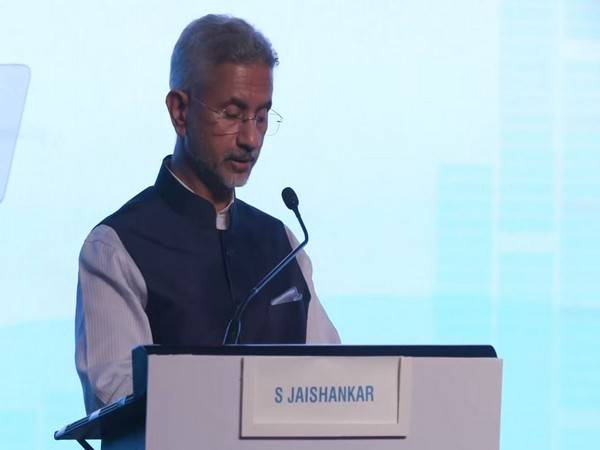There was use of English and other non-Chinese languages to target audiences in other countries, beyond the Chinese diaspora….reports Asian Lite News
The Chinese Communist Party (CCP) deploys online disinformation campaigns to distract from international criticisms of its policies and to attempt to reframe concepts such as human rights, a new report found.
It aligns the timing of those campaigns to take advantage of moments of strategic opportunity in the information domain.
The involvement of the CCP’s regional government in Xinjiang in international-facing disinformation suggests that internal party incentive structures are driving devolved strands of information operations activity.
Australian Strategy Policy Institute report analyses two Chinese state-linked networks seeking to influence discourse about Xinjiang across platforms including Twitter and YouTube. This activity targeted the Chinese-speaking diaspora as well as international audiences, sharing content in a variety of languages.
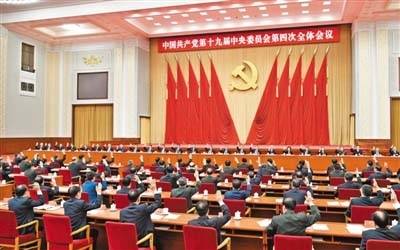
Different strands of CCP online and offline information operations now interweave to create an increasingly coordinated propaganda ecosystem made up of CCP officials, state and regional media assets, outsourced influence-for-hire operators, social media influencers and covert information operations, the report said.
While the networks did not attract significant organic engagement, the volume of material shared could potentially aim to ‘bury’ critical content on platforms such as YouTube.
There was use of English and other non-Chinese languages to target audiences in other countries, beyond the Chinese diaspora.
There was promotion of ‘testimonials’ from Uyghurs. Both datasets, but particularly CNCC, shared video of Uyghurs discussing their ‘happy’ lives in Xinjiang and rebutting allegations of human rights abuses. Some of those videos have been linked to a production company connected to the Xinjiang provincial government.
Promotion of Western social media influencer content by the CNHU network retweeted and shared content from social media influencers that favoured CCP narratives on Xinjiang, including interviews between influencers and state media journalists.

The report noted interaction between network accounts and the accounts of CCP officials. While the networks didn’t attract much organic engagement overall, there were some notable interactions with diplomats and state officials. For example, 48 per cent of all retweets by the CNHU network were of CCP state media and diplomatic accounts.
Both networks shared video from YouTube and Douyin (the Chinese mainland version of TikTok), including tourism content about Xinjiang, as well as links to state media articles.

The networks promoted state media articles, tweets and other content featuring material created as part of influence operations, including Uyghur ‘testimonial’ videos. Similarly, tweets and content featuring foreign journalists and officials discussing Xinjiang were promoted as ‘organic’, but in some cases were likely to have been created as part of curated state-backed tours of the region.
Accounts in the CNCC dataset tweeted about Korean television dramas as well as sharing spam and porn material before tweeting Xinjiang content.
Accounts in both datasets showed signs of automation, including coordinated posting activity, the use of four letter codes (in the CNHU dataset) and misused hashtag symbols (in the CNCC dataset).
Persistent account building: ASPI ICPC independently identified additional accounts on Twitter and YouTube that exhibited similar behaviours to those in the two datasets, suggesting that accounts continue to be built across platforms as others are suspended.



